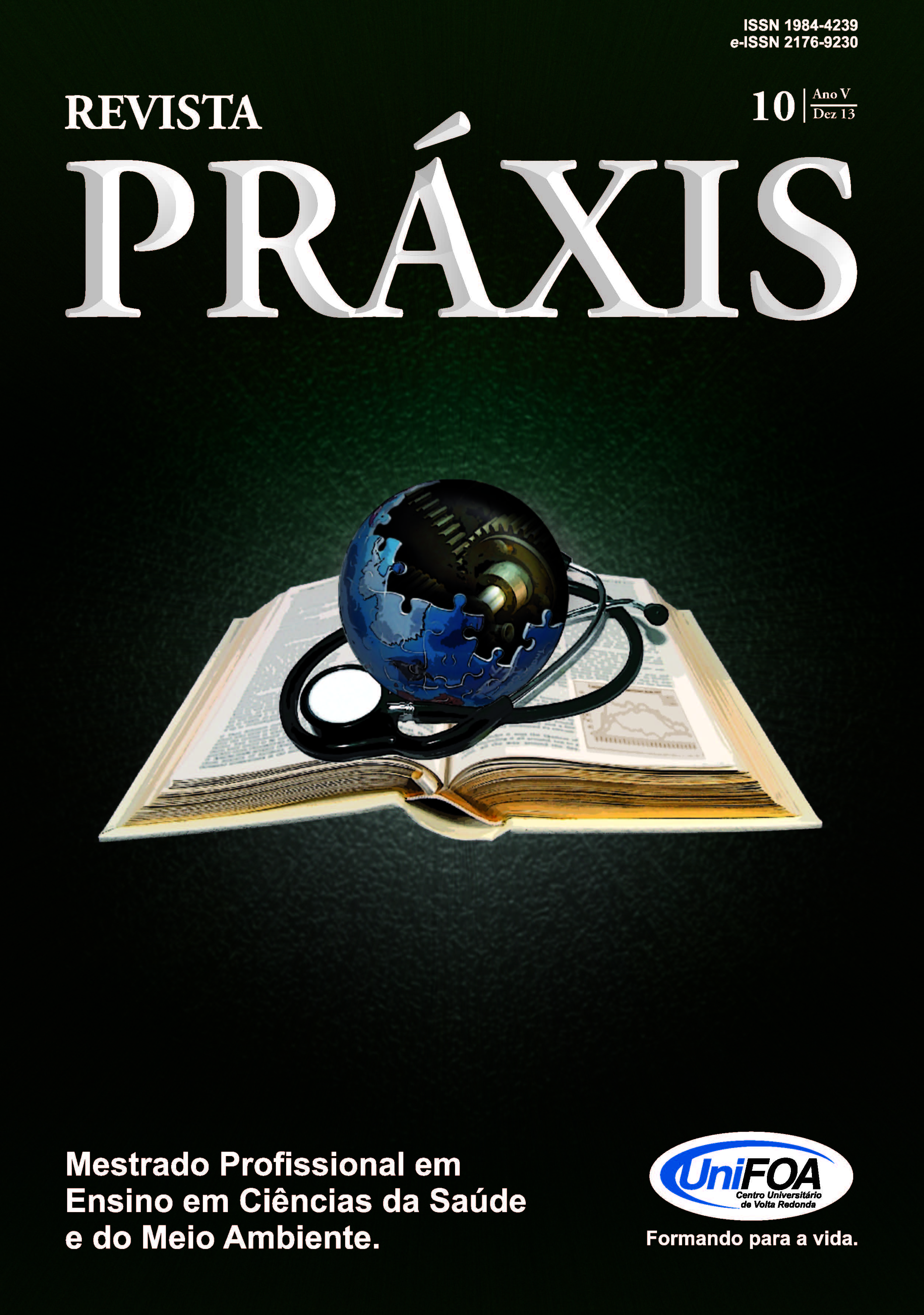Teachers' beliefs and conceptions about motivational and self-regulatory variables: the impact of a course in the pandemic context
DOI:
https://doi.org/10.47385/praxis.v15.n29.4011Abstract
The relevance of teachers knowing their own motivation for teaching, their self-efficacy beliefs for teaching and their conceptions about the nature of intelligence, as well as about self-regulation of learning, is acknowledged in the literature. Research indicates that these variables are related to both their performance as teachers and to their students´ achievement. Thus, the objective of the present study was to investigate the theoretical and practical knowledge of inservice teachers about motivation to learn, self-efficacy, self-regulated learning, among other factors related to school engagement before and after offering a theoretical-self-reflexive course ton these themes. It was also sought to evaluate the effectiveness of this course in terms of increasing theoretical knowledge, strengthening teachers' personal beliefs about how to motivate students and foster self-regulation, as well as promoting the improvement of their motivation and self-efficacy for teaching. The sample was composed of twenty- one teachers from public schools from different segments of basic education from 3 Brazilian states. Data were collected using a form with open questions and 3 Likert-type scales. They were examined, respectively, by content analysis and by procedures of descriptive and inferential statistics. The results were encouraging and showed that although the participating teachers had already knowledge, beliefs and conceptions that favored their students´ learning, the course contributed substantially to the refinement of their knowledge so that they can engage in pedagogical practices based on scientific evidence. New courses need to be implemented in more representative samples.











